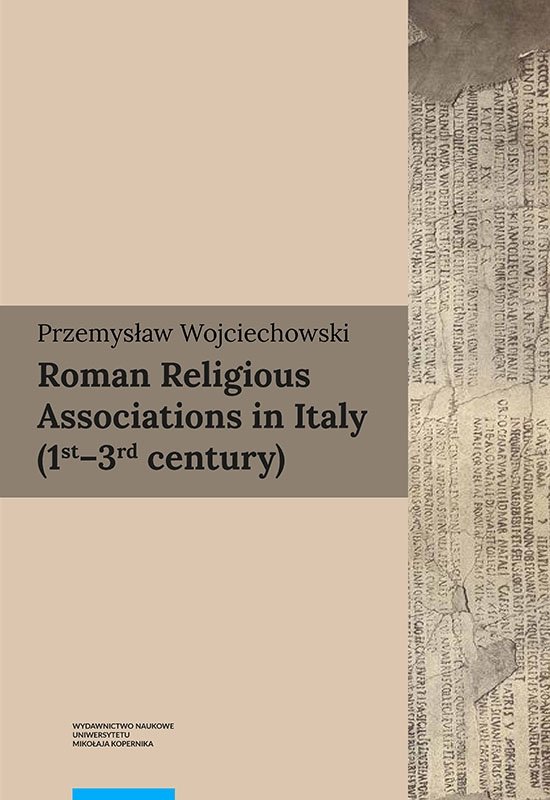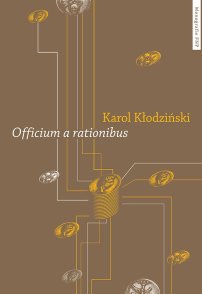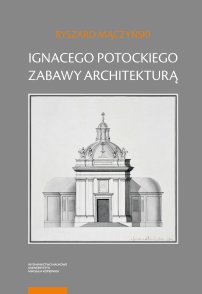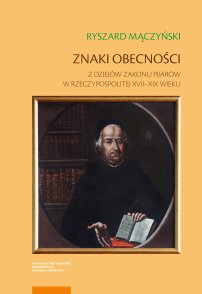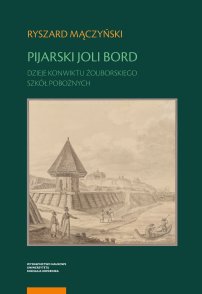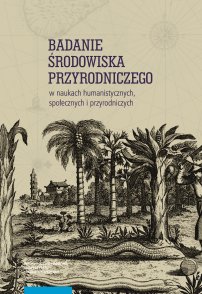Pracuje na stanowisku profesora w Instytucie Historii i Archiwistyki UMK. Jego zainteresowania naukowe obejmują różne aspekty historii społecznej starożytnego Rzymu, szczególnie dzieje życia religijnego w rzymskich miastach w pierwszych stuleciach po Chrystusie. Tej problematyce poświęcone są najważniejsze publikacje w jego dotychczasowym dorobku: Untersuchungen zu den Lokalkulten im römischen Aquileia. Herkunft, Funktion und Anhängerschaft (Toruń 2001) oraz Czciciele Herkulesa w Rzymie. Studium epigraficzno-antroponomastyczne (I–IV w. n.e.), Toruń 2005.
Przemysław Wojciechowski is a professor at the Chair of Ancient History and Byzantium in the Faculty of History, Nicolaus Copernicus University in Toruń. His work focuses on the history of ancient Rome. His research interests primarily include the period of the early Roman Empire, in particular social history and the history of religion. He is the author of numerous academic articles and books published in Poland and abroad.
